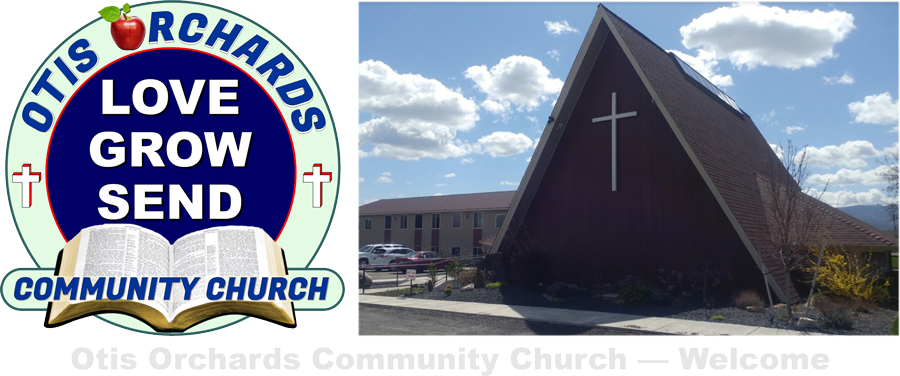
 |
|||||||
| RESOURCES — SHORT ARTICLES | |||||||
|
|
|||||||
 |
 |
 |
 |
 |
 |
| SHORT ARTICLES BY TOM ELSEROAD | |||||
| 2020-04-07 | Self Judgment or Confession | ||||
|
Self-Judgment or Confession One of the important truths from God's Word concerns the matter of confession of sin. It is not a news flash to say we all sin. As believers we know we do (1Jn.1:10). Sometimes we think we can “get away” with something. The Bible encourages us to confess our sins to God. Of course the Bible tells us that all our sins as believers have been forgiven. Hallelujah! None the less we should confess our sins to God. There is a difference between admitting sins and confessing sins. Confession literally means “to say the same thing”. That is, we say the same thing about our sin that God says about our sin. When we do this we are truly confessing. 1Jn 1:9 If we confess our sins, He is faithful and just to forgive us our sins and to cleanse us from all unrighteousness. Typically admitting is when we get caught and we have no choice but to admit it. Of course some will try to generically say, “Lord, I have sinned, please forgive me!” To say the same thing is to be more specific. What is involved in confession? It involves repentance (basically to turn around from what you are doing). So confessing involves a change of direction. We have a sincere change of mind. True confession costs a broken spirit and a contrite heart (Ps.51:17). This was certainly David's experience. Psa 51:17 The sacrifices of God are a broken spirit, A broken and a contrite heart— These, O God, You will not despise. A contrite heart does not mean doing something (like penance) to earn forgiveness. It means that we are so broken by our sins that we hide nothing from God. Good deeds or religious sacrifices cannot cleanse sin. Only the blood of Jesus Christ can wash away sins (He.10:1-10). We receive forgiveness of sins from what Jesus has done, not because of our prayers or tears (Ps.32:5). So what is the consequence of not confessing our sins? David becomes our example for this. David refused to confess his sin. This was his sin with Bathsheba. David suffered physically and spiritually (Ps.32:3-4). David hoped to get away with it. It was only when Nathan spoke to him that he confessed his sin (2Sa.12:13). Until David confessed his sin to God, his life was “broken” in so many ways. We do not want this for ourselves. If a believer allows sins to accumulate, God will have to step in and chasten us (He.12:1-6). He does this because He loves us. 1Co 11:31 For if we would judge ourselves, we would not be judged. Pastor Tom Elseroad |
|||||
| An Independent and Evangelical Church |
 |
23304 E Wellesley
Ave. Otis Orchards, WA 99027 Church Office: 509.926.9552 Church Cell: 509.342.9145 tomelseroad@gmail.com |